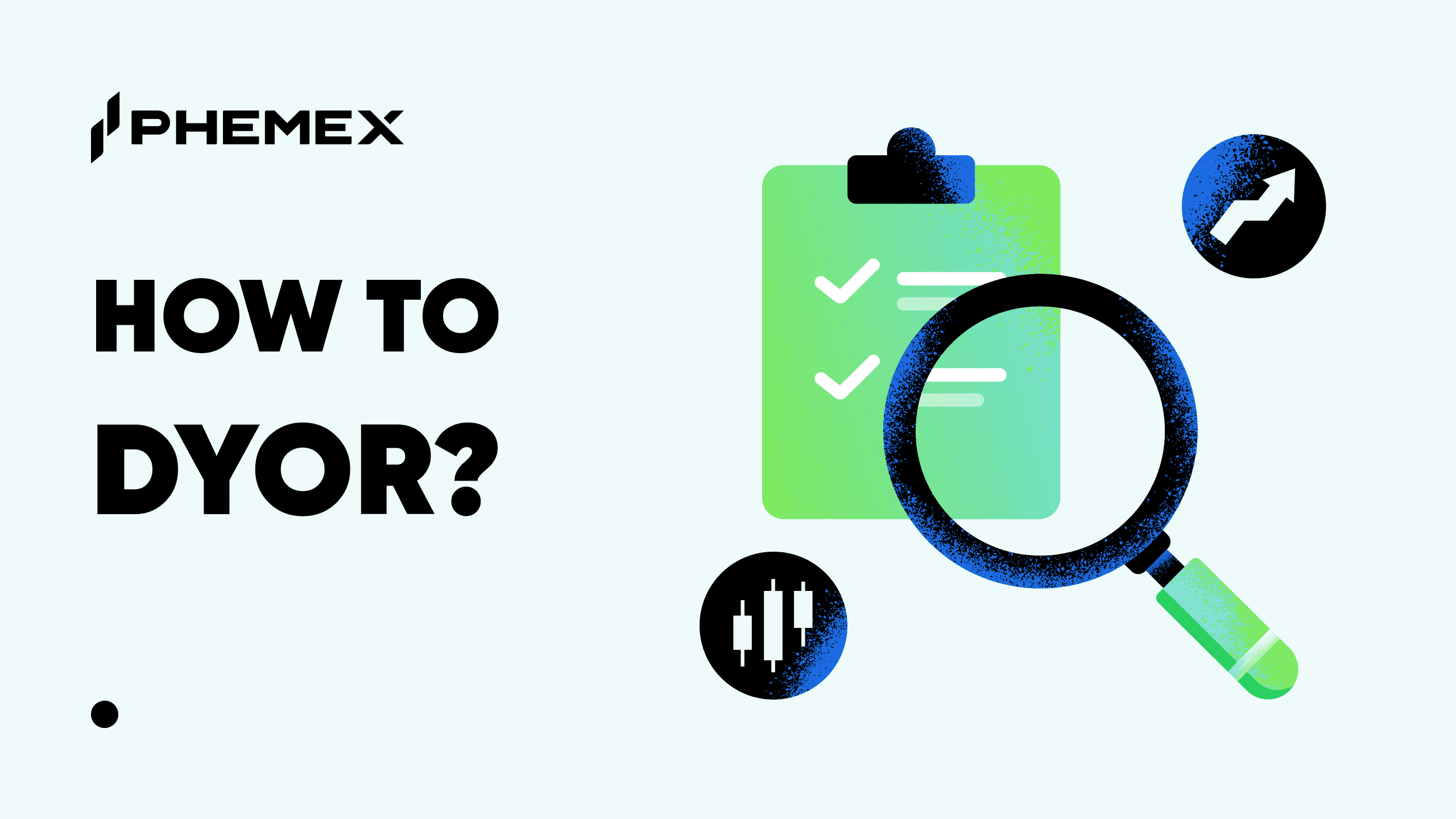
Tax season is often a difficult and stressful time for crypto investors. Cryptocurrency’s unique properties mean that tax reporting can take serious effort!
In this guide, we’ll break down the fundamentals of cryptocurrency tax. By the time you’ve finished reading, you’ll have a clear understanding of when you’ll need to pay tax on crypto and the steps you can take to accurately report your taxes.
How is cryptocurrency taxed?
In the United States and most other countries, cryptocurrency is subject to capital gains tax and ordinary income tax.
Capital Gains Tax: Capital gains apply when you dispose of your cryptocurrency (e.g. selling your crypto, crypto-to-crypto trades, etc.). You can calculate your capital gain depending on how the price of your crypto has changed since you originally received it.
Income Tax: Ordinary income tax applies when you earn cryptocurrency — such as rewards from cryptocurrency mining and staking. You can calculate your taxable income based on the fair market value of your crypto at the time of receipt.
Do I need to report taxes on crypto?
Many investors believe that there’s no need to report crypto because cryptocurrency transactions are pseudo-anonymous.
This is not true. Tax agencies around the world have tools to identify ‘anonymous’ investors.
In the past, the IRS worked with contractors like Chainalysis to analyze publicly-available blockchain transactions and combat tax fraud.
When do I owe crypto taxes?
Wondering when you’ll owe taxes on crypto? Here are a few examples of taxable and non-taxable events:
Taxable Events:
- Selling or exchanging cryptocurrency for fiat currency.
- Trading one cryptocurrency for another (crypto-to-crypto trade).
- Receiving cryptocurrency as payment for goods or services.
- Receiving cryptocurrency rewards for staking and mining.
Non-Taxable Events:
- Purchasing cryptocurrency with fiat currency.
- Transferring cryptocurrencies between wallets you own.
- Gifting cryptocurrency.
What tax rate do I pay on cryptocurrencies? (United States)
Tax rates for cryptocurrency transactions can vary depending on your income and how long you've held your assets. Below, we’ll walk through tax rates on different types of cryptocurrency transactions in the United States. Remember, your tax rates will differ if you reside in another country.
- Cryptocurrency income: If you earn cryptocurrency income, you’ll pay income tax — which ranges from 10 to 37%.
- Short-term capital gains: If you sell or dispose of your crypto after less than a year of holding, you’ll pay short-term capital gains tax. Short-term capital gains are taxed at the same rate as income (10-37%).
- Long-term capital gains: If you sell or dispose of your crypto after over a year of holding, you’ll pay long-term capital gains tax. This is taxed at a lower rate (0-20%).
Why is it so difficult to report crypto taxes?
Wallet-to-wallet transfers are common in the crypto space. However, they can make tax reporting challenging.
To calculate your gains and losses, you’ll need the fair market value of your cryptocurrency at receipt and at disposal. If you transfer your cryptocurrency from one wallet to another, you may have trouble finding this information.
To better understand the difficulties of crypto tax reporting, let’s take a look at an example.
Joseph buys $10,000 of BTC on Exchange A.
Joseph transfers his BTC to a cold wallet.
Joseph sells $15,000 of BTC on Exchange B.
In this case, Exchange B doesn’t know how much Joseph paid to acquire his cryptocurrency. As a result, the exchange will likely report his sale as $15,000 on his tax forms. If Joseph hasn’t kept records of his original purchase, he may need to recognize the entire $15,000 sale as a capital gain.
How do I keep track of my crypto for tax purposes?
Platforms like Phemex allow you to download a complete record of your transaction history for tax purposes.
You can use this combined with transaction history from your other wallets and exchanges to track your crypto taxes, either manually or with software.
Let’s walk through a few different options to help you accurately report your cryptocurrency taxes.
- Keep Detailed Records: To accurately report your crypto taxes, you’ll need comprehensive records of your cryptocurrency transactions. This includes the dates of the transaction, the amount of cryptocurrency involved in the transaction, and the fair market value of your crypto at receipt and at disposal.
- Use Cryptocurrency Tax Software: Have trouble keeping records of your crypto transactions? Crypto tax software can connect with Phemex and other cryptocurrency platforms to help you track your transactions, calculate your tax liability, and generate a comprehensive tax report in minutes.
- Work with a Tax Professional: If your crypto tax situation is complex, consider hiring a tax professional who specializes in cryptocurrency taxation. While this can be an expensive option, it can help you find peace of mind!
In Conclusion
Navigating cryptocurrency taxation may seem daunting at first, but with a basic understanding of the rules, you can stay on the right side of the law. Remember that cryptocurrency tax regulations can vary from country to country, so consult with a tax professional to ensure accurate compliance with the tax laws in your jurisdiction.







